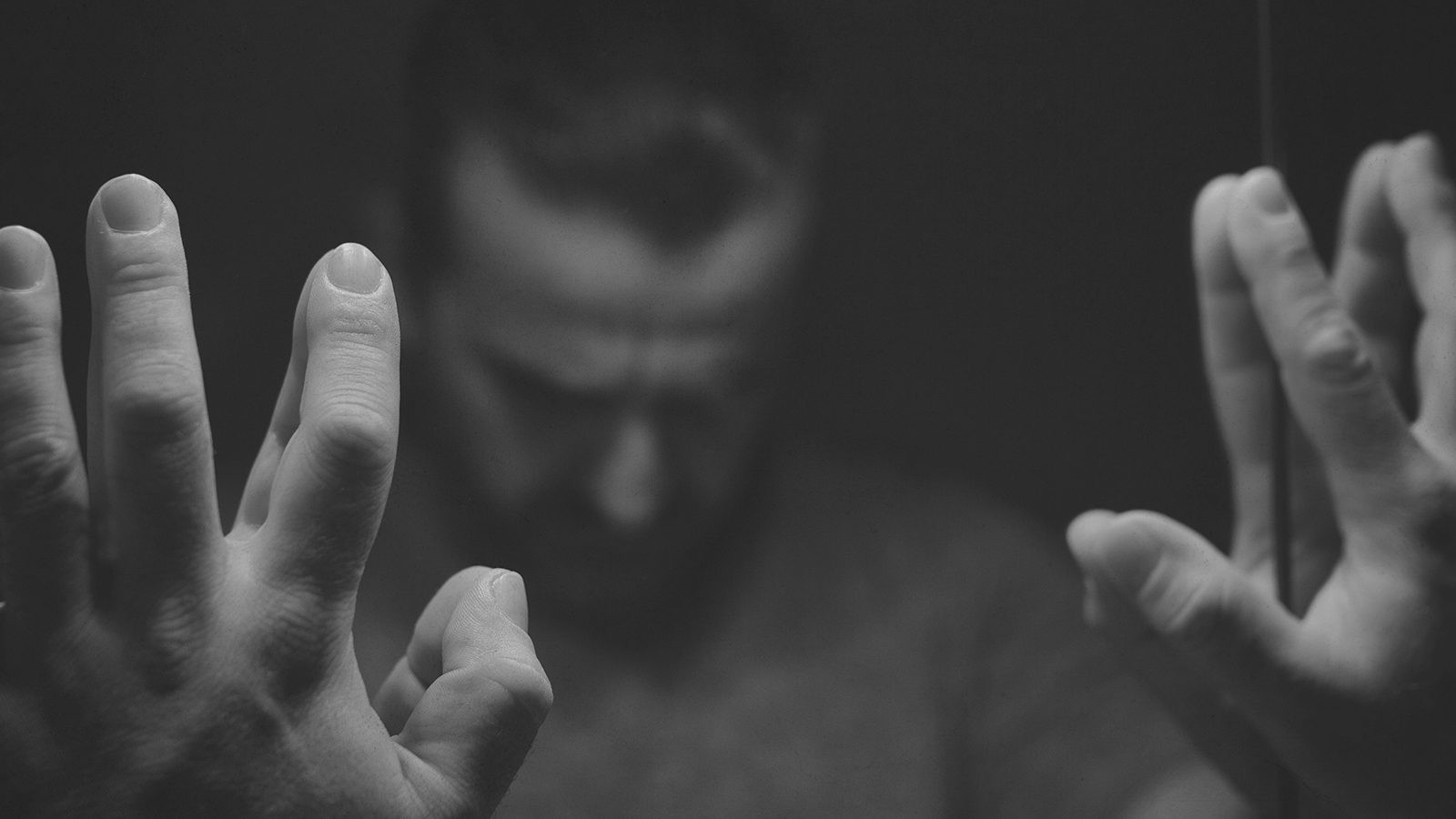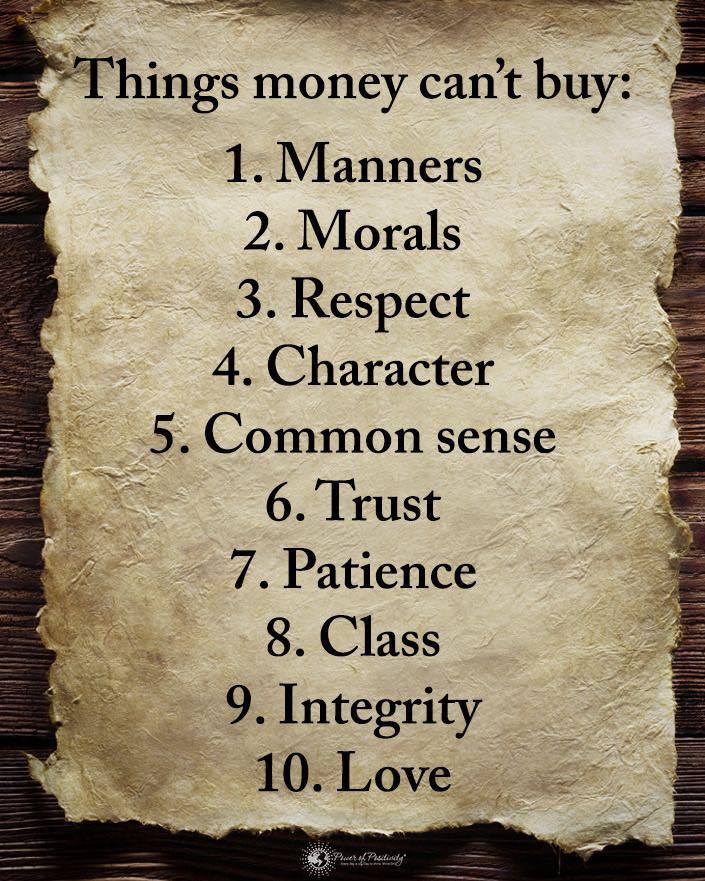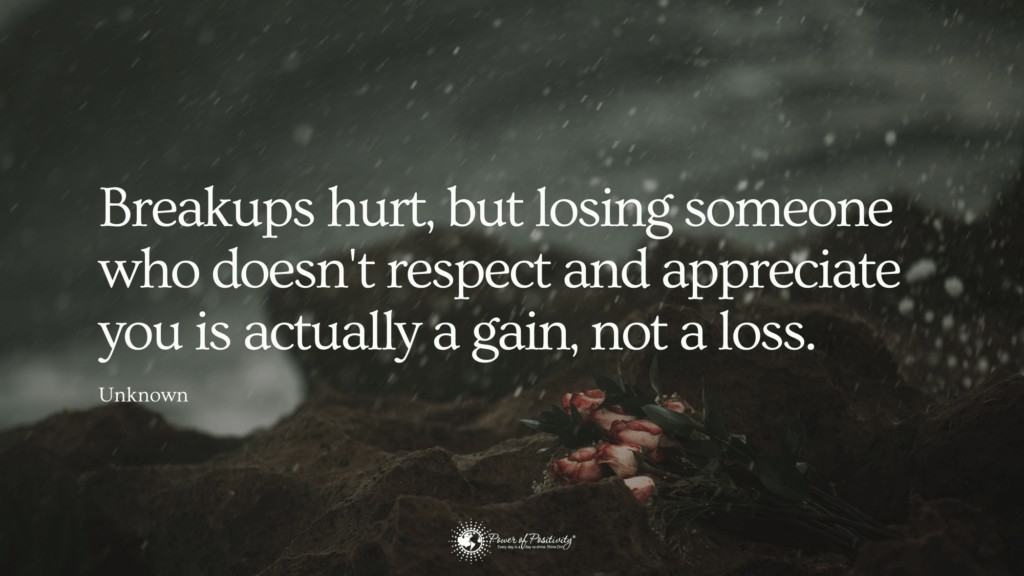Contrary to popular belief, men take breaking up the hardest.
Love hurts, but who feels the pain of loss more? This question often sparks heated debates in coffee shops and online forums alike. Common wisdom suggests that women are more emotionally invested in relationships, so likely breakups are harder for them. However, emerging social observations are flipping this script, revealing a surprising twist: men, in many cases, struggle more profoundly in the aftermath of a romantic split.
This article sheds light on this lesser-known aspect of heartbreak, diving into why men might experience more intense emotional turmoil post-breakup than their female counterparts. By challenging stereotypes and uncovering the complex emotional landscape men navigate after a relationship ends, we hope to offer a much deeper understanding of the human heart and its resilience. Join us as we unravel this intriguing paradox, exploring why the stoic exterior often masks a tumultuous inner world for many men dealing with breakups.
Societal Expectations and Emotional Expression
At the heart of understanding men’s post-breakup experiences lies the exploration of societal norms around masculinity and emotional expression. Historically, men have been conditioned to embody strength, stoicism, and self-reliance. But this may come at the expense of openly expressing vulnerability or emotional pain. This cultural script dictates that men should ”tough it out” rather than seek emotional support or articulate their feelings.
In stark contrast, society has expected women to be more expressive with their emotions. Thus, they are likelier to seek and offer support in emotional distress. Women are likelier to push through with a smile, even while hurting inside. This difference in emotional upbringing plays a critical role in how each gender processes the end of a relationship. While women might openly discuss their feelings, seek comfort from friends, or even pursue professional counseling, men are more likely to internalize their emotions. This internalization can lead to a lack of emotional processing, leaving men less equipped to handle the emotional fallout of a breakup.
Research supports this disparity.
An article published in the “American Journal of Men’s Health” found that men are less likely to seek professional help for emotional issues. That could include those stemming from a breakup. This reluctance to seek help not only prolongs their emotional distress. Instead, it can also manifest in physical symptoms, such as insomnia or loss of appetite, further complicating their recovery process.
Moreover, the societal expectation for men to quickly move on from a breakup can add a layer of pressure. This expectation often leads to avoiding dealing with the emotional aftermath, which can delay healing. In contrast, women are generally afforded more space and societal acceptance to grieve and work through their emotions over time.
Understanding these societal expectations and their impact on emotional expression is crucial in comprehending why breakups can hit men harder. It’s not just about the loss of a romantic partner but also about confronting a societal framework that often leaves them ill-prepared to navigate the emotional complexities of such a loss.
Support Systems and Communication
The disparity in how men and women cope with breakups extends into their respective support systems and communication styles. Women often have robust networks of friends and family members with whom they communicate openly and frequently. These networks provide a platform for emotional expression and processing, crucial during distress like a breakup. Women are more likely to have friends with whom they can share their feelings, seek advice, and receive emotional validation.
In contrast, men’s social networks often lack this depth of emotional support. While men may have close friendships, these relationships are frequently centered around activities or shared interests rather than emotional sharing. As a result, men may find themselves isolated in their emotional pain post-breakup, without an adequate outlet to express and process their feelings. This lack of a supportive communication network can exacerbate the sense of loss and loneliness that accompanies the end of a romantic relationship.
Furthermore, men often rely heavily on their romantic partners for emotional support. When a relationship ends, they lose a partner and their primary emotional confidante. This loss can leave a significant void, making the post-breakup period particularly challenging. Without alternative sources of emotional support, men may struggle to find ways to articulate and work through their feelings.
Studies have shown that the quality and availability of social support play a significant role in how individuals cope with stress and trauma. A lack of support may lead to increased depression and anxiety. For many men, the absence of a strong support network post-breakup can, therefore, lead to a more difficult and prolonged recovery process.
How Men Process and Confront Their Emotions
How men and women typically process emotions plays a pivotal role in their post-breakup experiences. Generally, women are more likely to confront and process their emotions soon after a breakup. This approach can lead to a quicker emotional resolution, even though the immediate aftermath might seem more intense. Women’s willingness to face their emotions head-on is often facilitated by their social networks and societal acceptance of emotional expression.
Men, on the other hand, tend to avoid directly confronting their emotions, especially those perceived as signs of vulnerability, such as sadness or heartache. This avoidance can result in a delayed emotional response. Initially, men might appear to move on quickly after a breakup, engaging in distractions or new relationships. However, this can be misleading, as avoiding emotional confrontation could lead to unresolved feelings that resurface later, prolonging the healing process.
The tendency to avoid emotional processing is not just a personal choice but is often influenced by cultural norms. Men are frequently encouraged to ”stay strong” or to distract themselves from emotional pain rather than openly addressing it. This approach can lead to maladaptive coping strategies, such as substance abuse or emotional detachment, which can have long-term negative consequences on mental health and future relationships.
The role of introspection in emotional healing is crucial. Individuals cannot fully process and move past their emotions without acknowledging and understanding them. For men, this requires breaking through barriers of societal expectations and reluctance to engage with their emotional selves.
The importance of this emotional processing cannot be overstated. It’s a key factor in recovering from the immediate pain of a breakup, building emotional resilience, and preparing for healthier future relationships. By understanding and addressing these emotional processing differences, there can be a shift towards more supportive environments and practices that encourage men to confront and work through their emotions healthily.
Social Media and Men Going Through Breakups
The impact of social media on post-breakup recovery is a phenomenon that affects both men and women. Still, it can have unique implications for men, particularly how they perceive their healing process. In the digital age, social media platforms have become ubiquitous, often serving as a highlight reel of people’s lives. This curated presentation can skew perceptions of how others, including ex-partners, cope with the breakup.
Men, who may already be struggling with processing their emotions, can find themselves comparing their recovery to others, especially their ex-partner. Seeing an ex-partner seemingly thriving or moving on quickly on social media can exacerbate feelings of loneliness, inadequacy, or failure. This comparison can slow down the healing process. That’s because it may lead to suppressed emotions or a sense of urgency to ”move on” before they are emotionally ready.
Moreover, social media can create an illusion of constant connection and accessibility, making it harder for some men to detach and focus on their healing fully. The temptation to check on an ex-partner’s online activity can prevent the establishment of clear emotional boundaries, which are crucial for post-breakup recovery.
The influence of social media on men’s post-breakup experience is not just limited to comparison and perceived recovery of others. It also includes the pressure to portray their recovery positively. Men might feel compelled to post content that shows them as having moved on or unaffected by the breakup, which is often far from the truth. This portrayal can create a dissonance between their public facade and private emotional reality. As a result, it prolongs their healing journey.
Final Thoughts on Why Most Men Find it Harder to Recover from Breakups Than Women
These factors collectively paint a picture that challenges the stereotypical notion of men feeling less emotional turmoil at a relationship’s end.
However, a closer analysis of the topic underscores the need for a broader understanding and more open conversations about men’s emotional experiences during breakups. Societal norms and expectations significantly shape how men deal with the end of a relationship. By encouraging men to show vulnerability, seek supportive networks, and confront their emotions healthily, we can have a more empathetic and understanding environment for everyone navigating the aftermath of a breakup.
Moreover, this discussion highlights the importance of recognizing the digital age’s unique challenges, particularly social media’s impact on emotional well-being. As we progress, there’s a growing need to address these modern influences and their effects on our emotional landscapes.
Understanding why men might struggle more with breakups is not just about acknowledging their pain. Instead, it means redefining strength and resilience during emotional adversity. It’s about creating a society where gender stereotypes do not constrain emotional expression and healing. Rather, we start to consider them a universal part of the human experience. Doing so, we aid individuals in their recovery journeys and contributes to a more emotionally intelligent and compassionate society.
















 Community
Community

